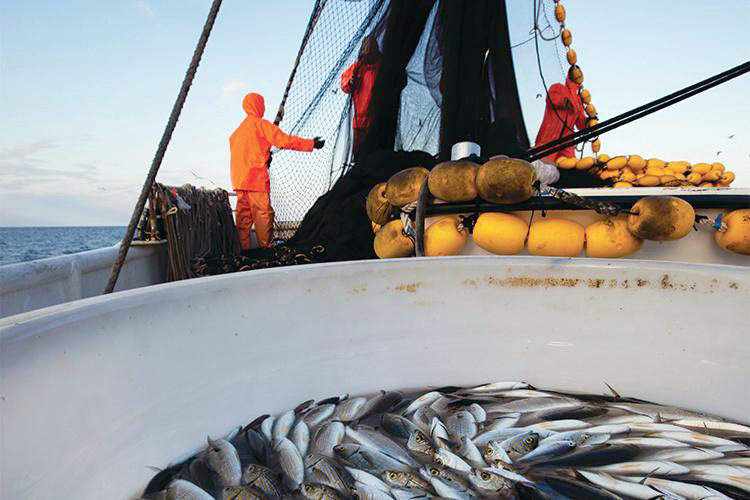
Pressure from the marine environmental community for greater transparency and traceability in the seafood industry is increasing, with a letter to President Joe Biden urging the federal government to expand the Seafood Import Monitoring Program (SIMP).
The current program, requiring catch documentation and traceability for some seafood species at risk of illegal fishing, applies to 13 species and species groups, covering less than half of all U.S. seafood imports.
The letter, signed by more than 100 chefs nationwide, urges Biden to expand SIMP to include all species of seafood, requiring importers to report additional catch data, and to include labor conditions in reporting requirements.
This program would prevent a “bait and switch” in seafood supply chains, they said, as well as protect businesses and consumers from seafood fraud, and close loopholes that currently enable illegal, unreported and unregulated (IUU) fishing and forced labor.
NOAA should also increase traceability throughout the seafood supply chain by requiring catch documentation for all imported seafood and traceability from boat to plate, they said.
The letter, initiated contact with chefs by the international advocacy organization Oceana, was delivered to the White House Jan 25.
In November of 2023, the National Oceanic and Atmospheric Administration (NOAA) withdrew a proposal to expand SIMP, which would have increased the number of species and species groups subject to the program’s requirements by 4% to 8%.
NOAA is currently reviewing the program and its status in moving forward remains uncertain.
About 85% of fish consumed in the United States is imported, with up to 32% of wild-caught imports being products of illegal or unreported fishing, Oceana said.
The environmental entity also cited a report from the International Trade Commission that found that the United States imported $2.4 billion worth of seafood derived from IUU fishing in 2019. IUU fishing may include fishing without authorization, ignoring catch limits, operating in closed areas, targeting protected wildlife, and fishing with prohibited gear.
Results of a nationwide poll released by Oceana in January of 2021 found that Americans overwhelmingly support policies to end IUU seafood fraud.
